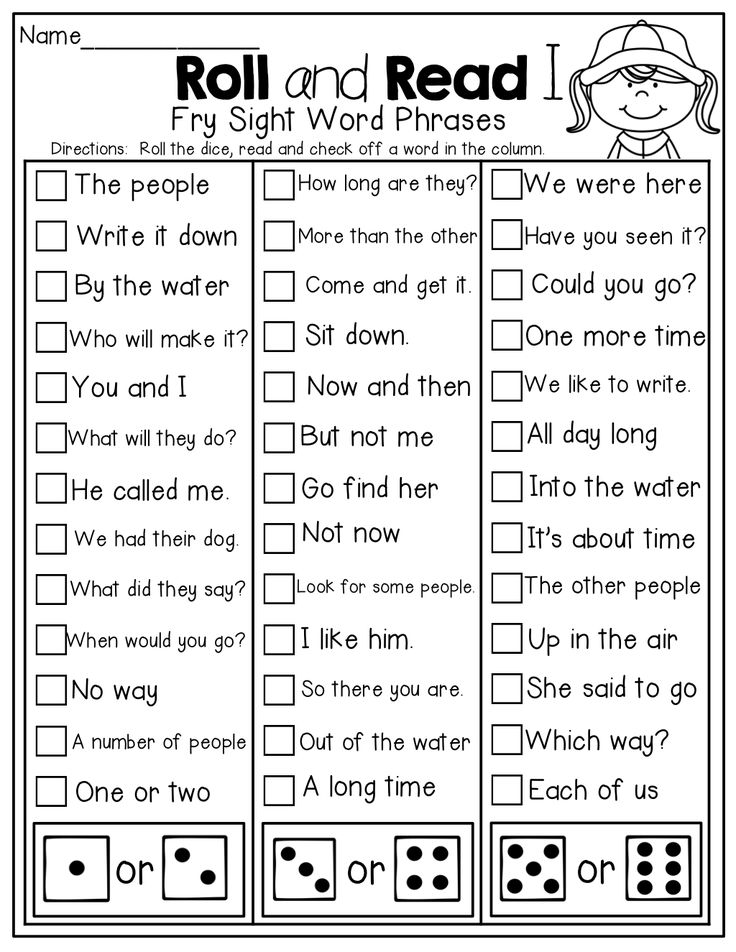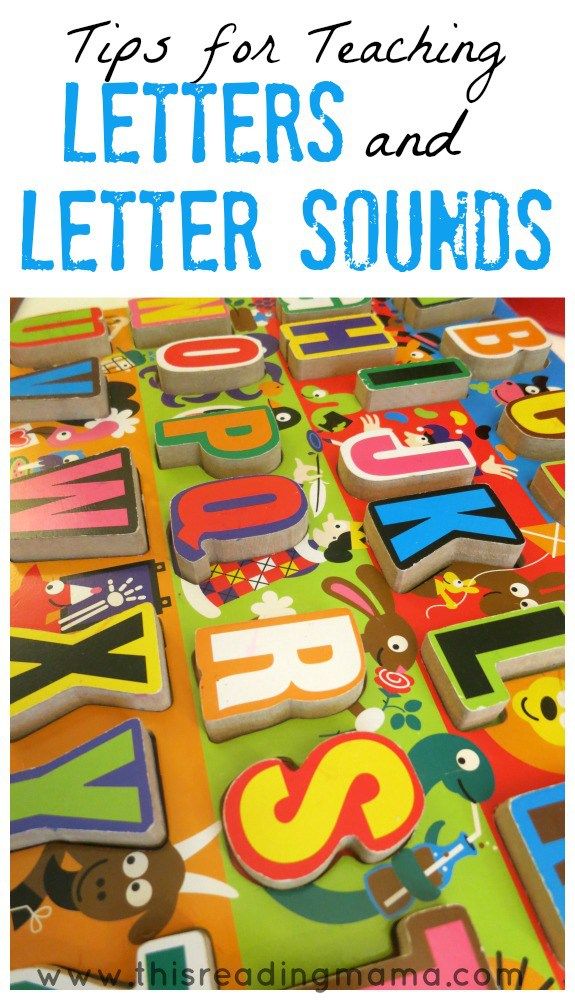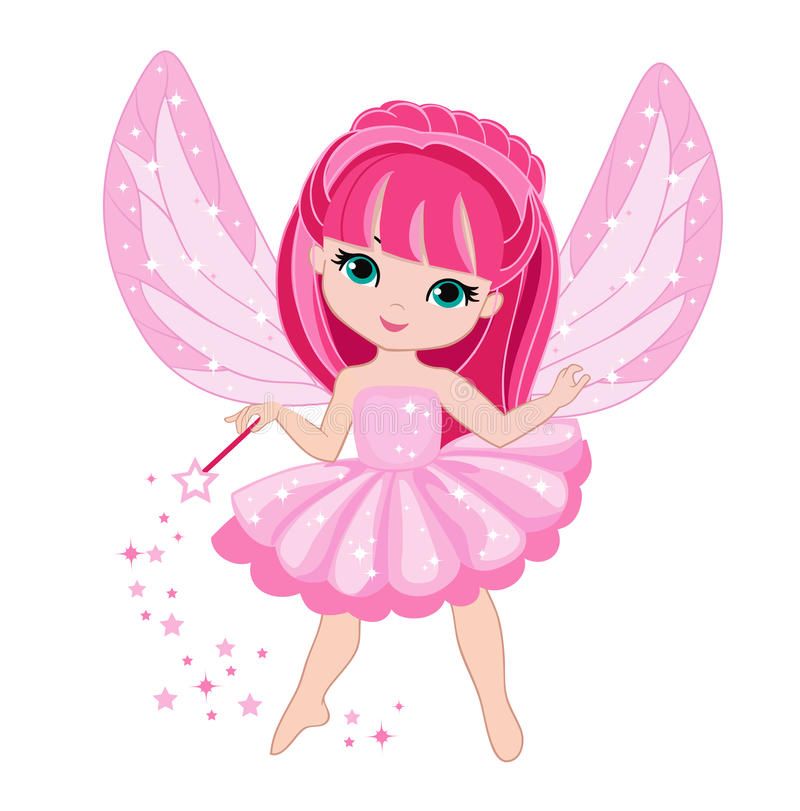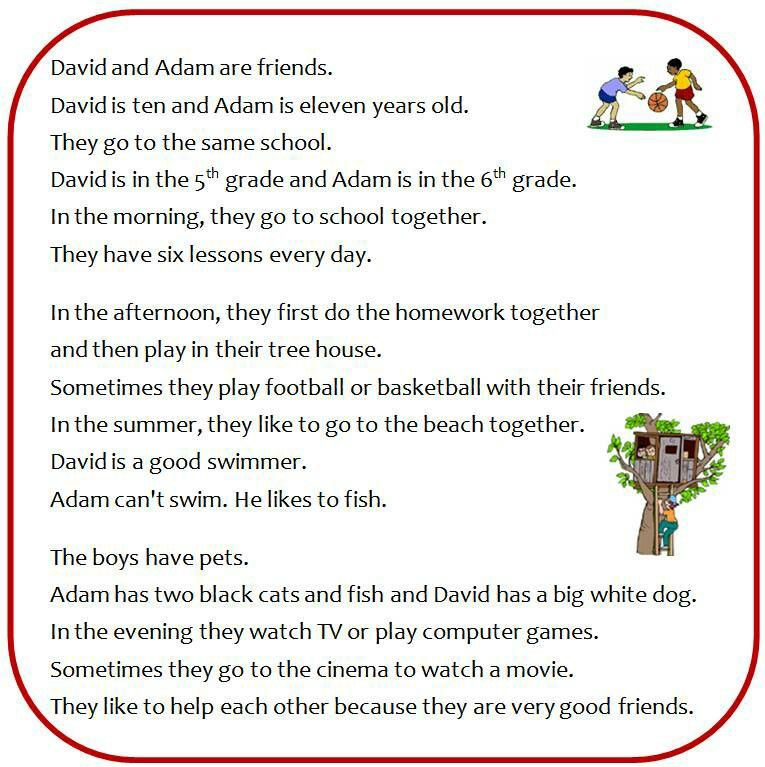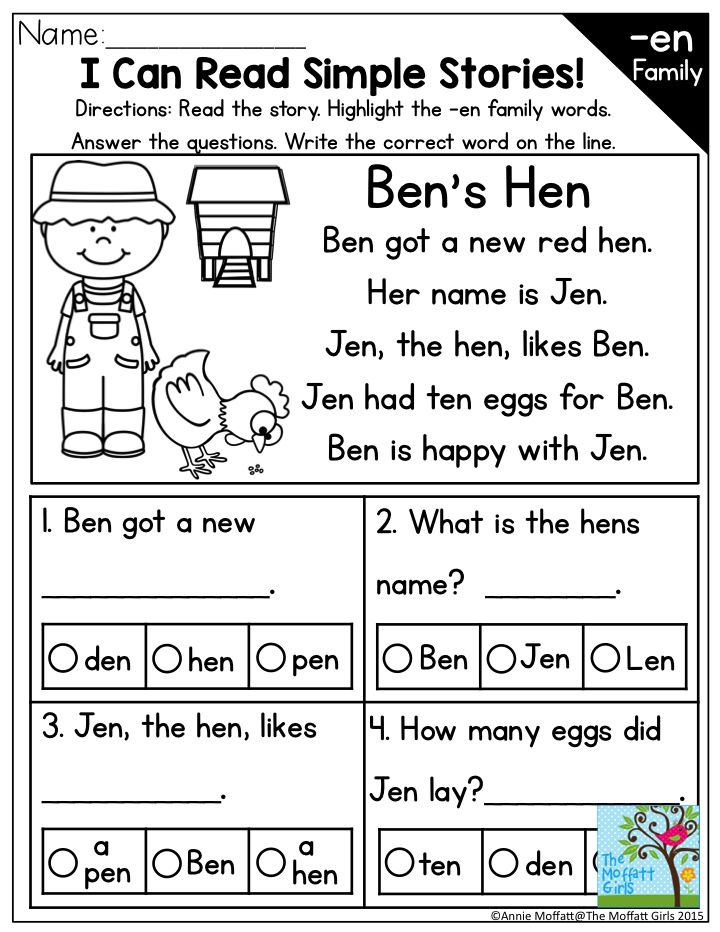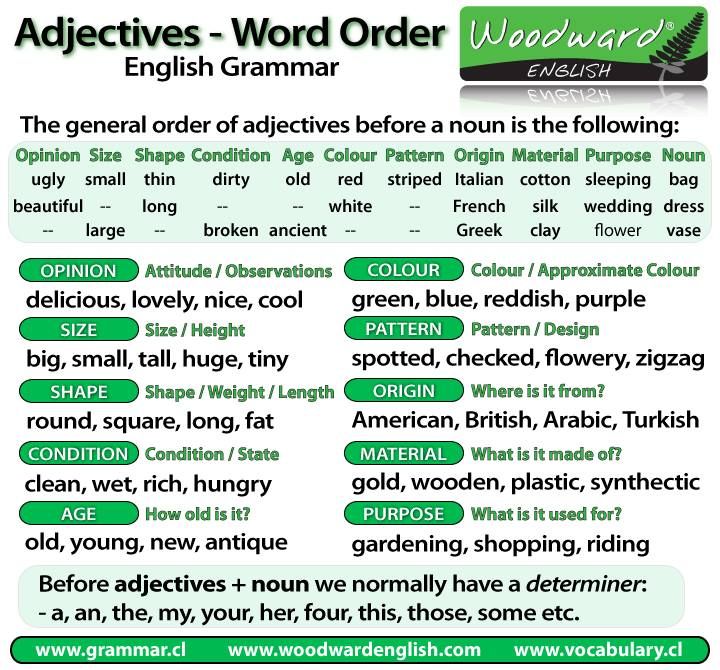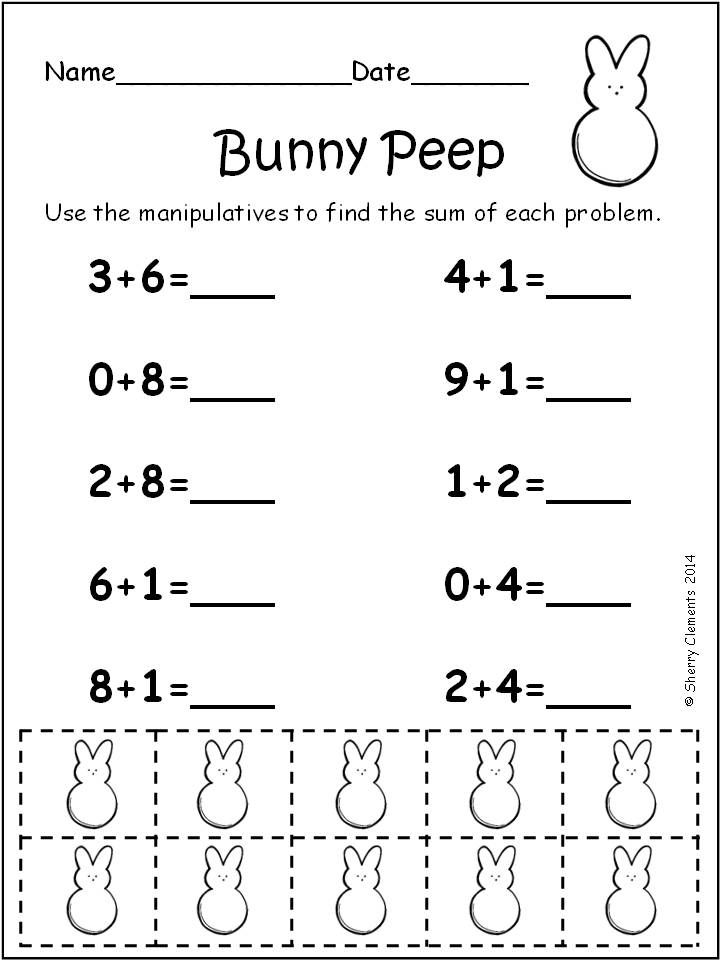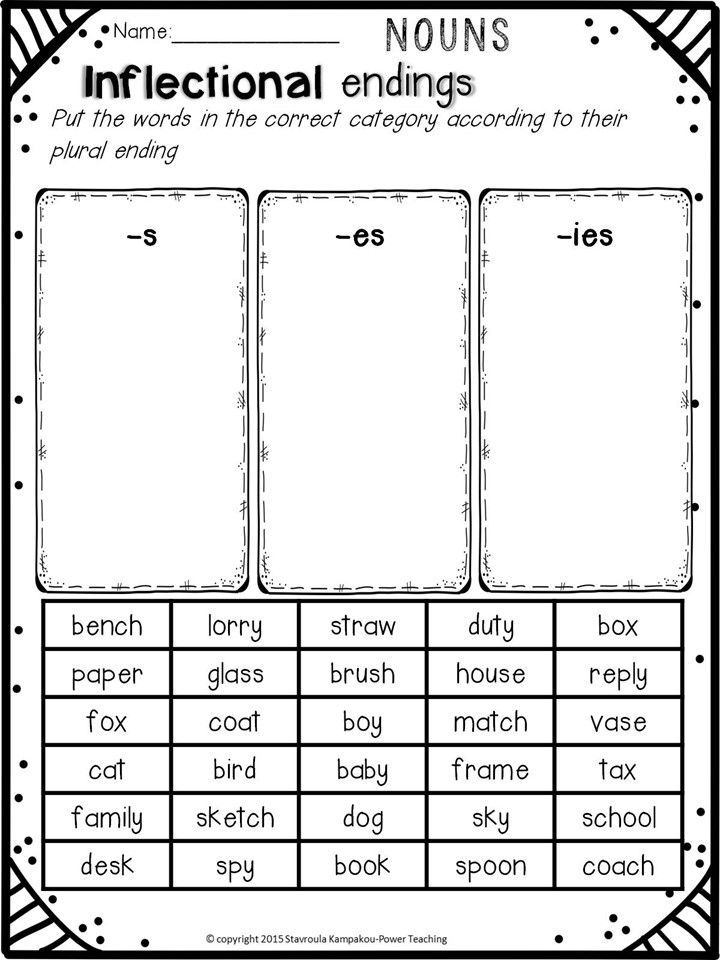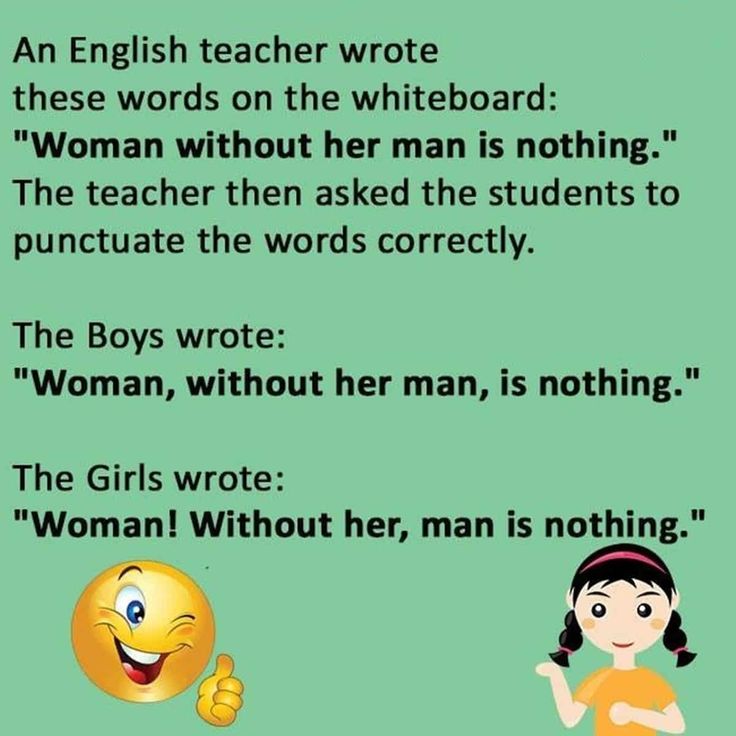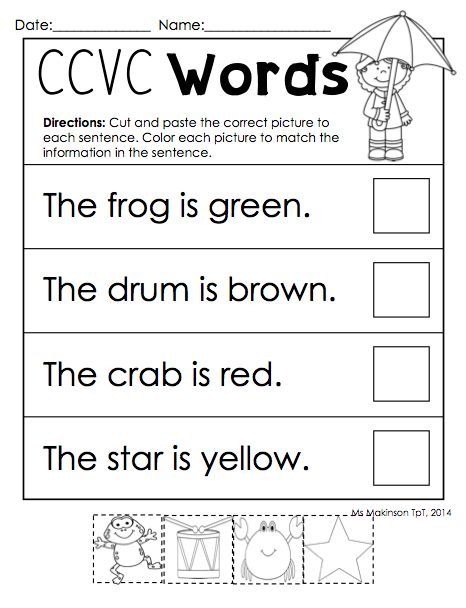Rhyme words list for kindergarten
Rhyming Words for Kids (Complete List)
Many of us have fond memories of learning nursery rhymes and rhyming stories when we were children.
These tales are important because they expose children to rhyme, which is essential for language development. Children who have strong early language abilities, including listening and speaking, are shown to develop more robust reading and writing skills.
Helping your child recognize and use rhyme will help them first with their verbal language and then with their literacy. Introducing rhyming words for kids is an excellent way to do that.
Table of Contents
- How Do You Teach Rhyming Words To Children?
- Rhyming Words For Kindergarten
- Rhyming Words For First Grade And Older
- Any Time Can Be Rhyme Time
How Do You Teach Rhyming Words To Children?
Children learn about rhyme in three stages, although there is much overlap as they move from one step to another.
Rhyme Exposure
This is when your child hears rhyming words. This can be in songs while reading rhyming together, or elsewhere. At this stage, you should point out rhyming words to your child.
Rhyme Recognition
Once your child hears a rhyme and points it out, they have reached the stage of rhyme recognition.
Rhyme Production
Finally, your child will be able to produce rhyme themselves. They may take great pride in asking you questions, such as, “Do you know what rhymes with door? More!”
While this may seem like a small thing to you, to them it’s big. Make sure to show them that you’re impressed with their newly-found knowledge.
Ways To Teach Rhyming Words
Make learning to rhyme fun by using some of these methods.
Share Rhyme In Books, Poems, And Songs
Reading rhyming books and poems and singing together will expose your child to rhymes in a fun, relaxing way. Read the complete story or sing the entire song first and then go back and point out the rhymes.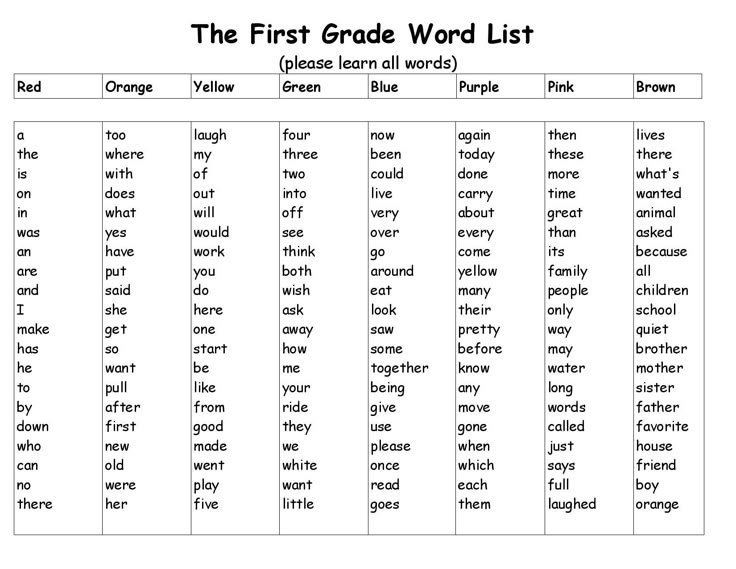
Then, when your child is aware of the concept of rhyming, ask them to point out the pairs of rhyming words they hear or read.
Once your child is familiar with rhymes, read or sing, but don’t say the second rhyming word. Instead, ask your child to provide a suitable rhyme.
Puzzles
Rhyme word puzzles are a fun way for your child to practice pairing up rhyming words.
Clip Cards
Not all rhyming words have the same spelling at the end. To prevent your child from becoming confused by the spelling, use peg cards where your child picks the correct rhyme according to the picture.
Lap Books
Create nursery rhyme lap-books with your child. First, print out the standard nursery rhyme and then have your child replace the original word with another of their own that rhymes.
Rhyming Dictionaries
Help your child find suitable rhyming words with a rhyming dictionary.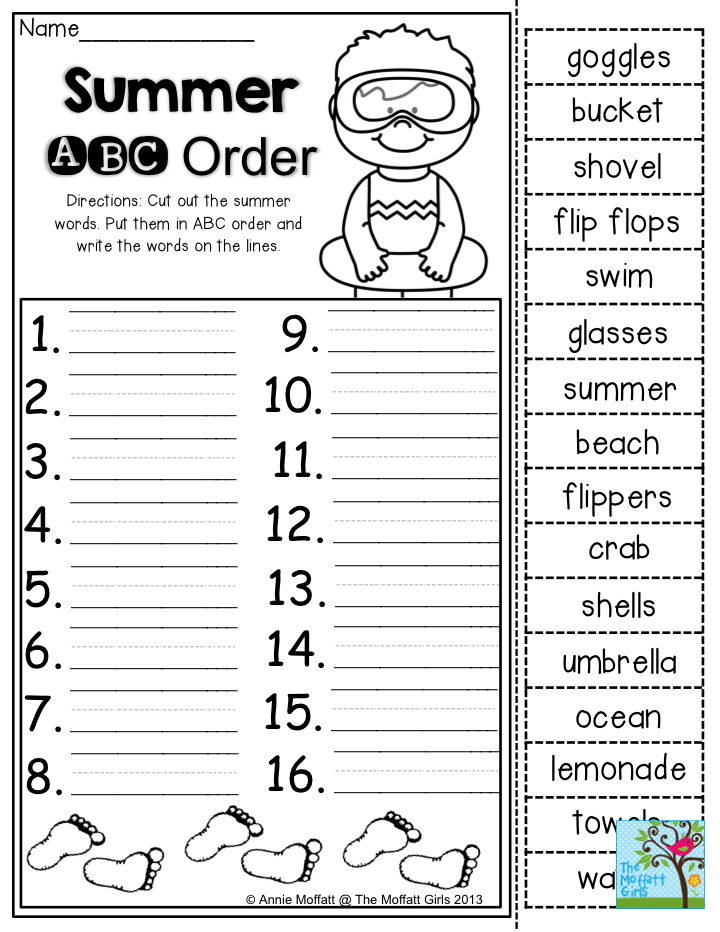 These can be immensely helpful no matter what age you are, especially if you are a teacher, writer, or write lyrics for songs.
These can be immensely helpful no matter what age you are, especially if you are a teacher, writer, or write lyrics for songs.
Rhyming Words For Kindergarten
These are great options for those who are younger than kindergarten or those who are still working on completing that first year in school. These are simple words that won’t be too challenging for this age.
Words That Rhyme With At
- Bat
- Cat
- Fat
- Hat
- Mat
- Pat
- Rat
- Sat
- Vat
- Slat
- Brat
- Flat
- Chat
- Splat
- That
Words That Rhyme With An
- Ban
- Can
- Fan
- Man
- Pan
- Ran
- Tan
- Van
- Flan
- Plan
- Span
- Scan
Words That Rhyme With Ab
- Cab
- Dab
- Drab
- Fab
- Flab
- Grab
- Jab
- Nab
- Lab
- Slab
- Tab
- Crab
Words That Rhyme With Ad
- Add
- Bad
- Clad
- Dad
- Fad
- Had
- Lad
- Mad
- Pad
- Rad
- Sad
Words That Rhyme With All
- Ball
- Call
- Fall
- Hall
- Mall
- Shawl
- Tall
- Wall
- Thrall
- Gall
Words That Rhyme With Ag
- Bag
- Flag
- Drag
- Gag
- Hag
- Nag
- Rag
- Sag
- Tag
- Wag
Words That Rhyme With Ip
- Ship
- Chip
- Clip
- Dip
- Drip
- Flip
- Grip
- Hip
- Kip
- Lip
- Nip
- Pip
- Rip
- Sip
- Slip
- Skip
- Snip
- Tip
- Trip
- Zip
Words That Rhyme With Ap
- App
- Cap
- Clap
- Flap
- Gap
- Lap
- Map
- Nap
- Rap
- Scrap
- Slap
- Snap
- Strap
- Snap
- Tap
- Trap
Words That Rhyme With Id
- Bid
- Did
- Hid
- Kid
- Lid
- Mid
- Rid
- Sid
- Grid
- Slid
- Skid
- Squid
Words That Rhyme With Op
- Bop
- Cop
- Crop
- Clop
- Drop
- Flop
- Hop
- Mop
- Plop
- Prop
- Shop
- Stop
- Swap
- Top
Words That Rhyme With Am
- Clam
- Cram
- Dam
- Gram
- Ham
- Jam
- Lamb
- Ram
- Slam
- Spam
- Tram
Words That Rhyme With Ig
- Big
- Dig
- Fig
- Gig
- Pig
- Rig
- Twig
- Swig
- Wig
- Brig
Words That Rhyme With Ar
- Are
- Bar
- Car
- Far
- Jar
- Scar
- Star
- Tar
- Ajar
- Guitar
Words That Rhyme With Aw
- Awe
- Caw
- Claw
- Draw
- Flaw
- Paw
- Raw
- Saw
- Straw
- Thaw
Words That Rhyme With Ay
- Bay
- Clay
- Day
- Gray
- Hay
- Jay
- Lay
- May
- Pay
- Play
- Pray
- Say
- Stay
- Spray
- Sway
- They
- Way
- Tray
Words That Rhyme With Ell
- Bell
- Cell
- Dell
- Fell
- Gel
- Sell
- Shell
- Smell
- Spell
- Tell
- Well
- Yell
Words That Rhyme With En
- Den
- Men
- Pen
- Ten
- Then
- When
- Wren
- Zen
- Ben
- Ken
Words That Rhyme With Et
- Bet
- Get
- Jet
- Let
- Met
- Net
- Pet
- Set
- Wet
- Yet
Words That Rhyme With Ew
- Blue
- Blew
- Brew
- Chew
- Clue
- Crew
- Cue
- Do
- Dew
- Drew
- Ewe
- Flew
- Glue
- Grew
- Knew
- New
- Phew
- Shoe
- Shoo
- Stew
- Through
- Threw
- True
- Two
- View
- You
- Who
- Zoo
Words That Rhyme With In
- Bin
- Chin
- Din
- Fin
- Grin
- Inn
- Pin
- Shin
- Skin
- Spin
- Twin
- Thin
- Tin
- Win
Words That Rhyme With It
- Bit
- Fit
- Hit
- Kit
- Knit
- Lit
- Mit
- Nit
- Pit
- Sit
- Quit
- Skit
- Slit
- Spit
Words That Rhyme With Od
- Cod
- Bod
- Odd
- Nod
- Plod
- Prod
- Rod
- Squad
- Trod
- Pod
Words That Rhyme With Og
- Bog
- Blog
- Cog
- Clog
- Dog
- Fog
- Frog
- Hog
- Jog
- Log
Words That Rhyme With Op
- Top
- Chop
- Cop
- Crop
- Drop
- Flop
- Hop
- Mop
- Pop
- Shop
- Stop
Words That Rhyme With Ot
- Blot
- Cot
- Clot
- Dot
- Got
- Hot
- Knot
- Not
- Plot
- Pot
- Rot
- Shot
- Spot
Words That Rhyme With Ow
- Bow
- Brow
- Cow
- How
- Now
- Pow
- Sow
- Row
- Vow
- Wow
Rhyming Words For First Grade And Older
These are useful rhyming words for first graders and above with an expanding skillset.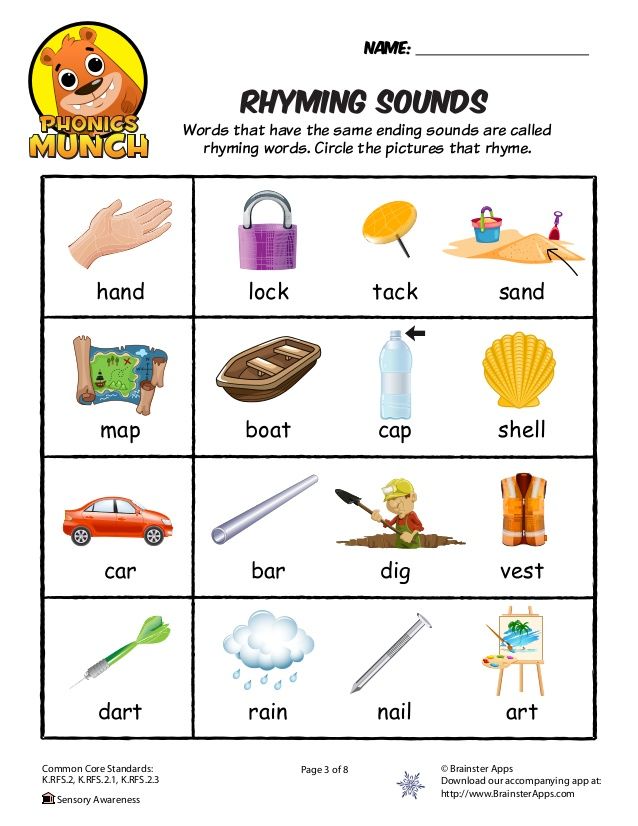
Words That Rhyme With Ake
- Ache
- Bake
- Cake
- Brake
- Break
- Fake
- Flake
- Lake
- Make
- Quake
- Rake
- Sake
- Take
- Sneak
- Steak
- Stake
- Wake
Words That Rhyme With Ale
- Bail
- Bale
- Kale
- Dale
- Fail
- Hail
- Male
- Nail
- Pail
- Pale
- Rail
- Sail
- Snail
- Sale
- Stale
- Tail
- Tale
- Trail
- Whale
- Detail
- Toenail
Words That Rhyme With Ain
- Brain
- Cane
- Chain
- Crane
- Drain
- Gain
- Grain
- Lane
- Mane
- Main
- Pane
- Pain
- Plain
- Plane
- Reign
- Rain
- Sprain
- Stain
- Strain
- Train
- Again
Words That Rhyme With Or
- Door
- Chore
- Core
- Four
- For
- Sore
- Floor
- Door
- More
- Oar
- Snore
- Soar
- Store
- Score
Words That Rhyme With School
- Cool
- Cruel
- Drool
- Fool
- Fuel
- Ghoul
- Jewel
- Mule
- Pool
- Spool
- Tool
- Who’ll
- You’ll
- Yule
Any Time Can Be Rhyme Time
Whether you are playing rhyme I-spy, singing nursery rhymes, or reading a book of children’s poems, the time you spend sharing rhymes with your child is helping them develop spoken language.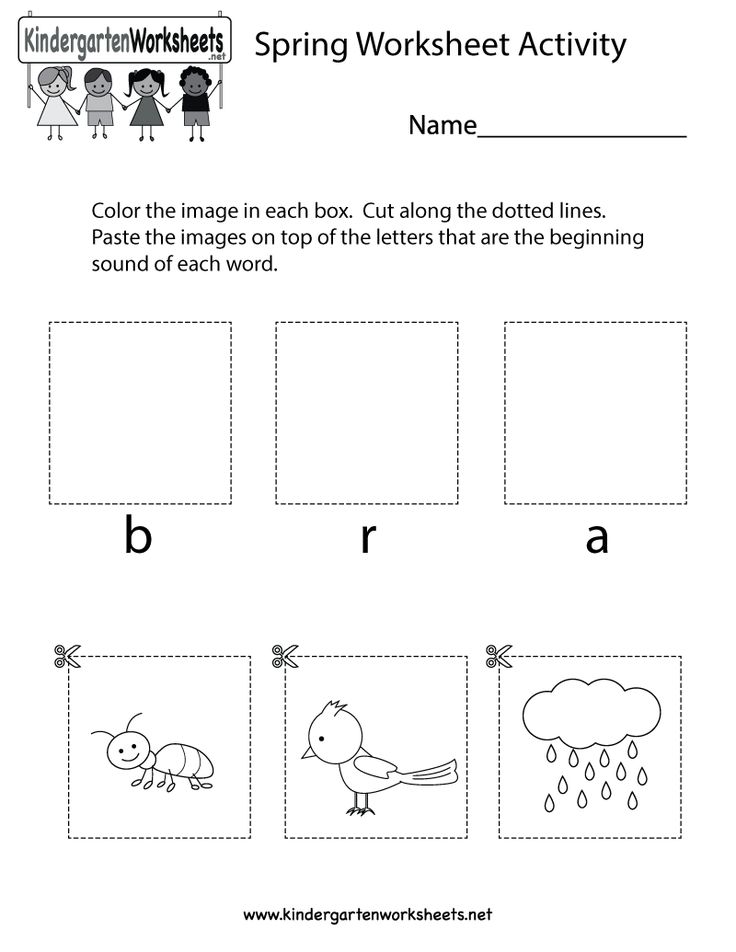
Build a little rhyme time into every day and give your child an advantage.
Introducing rhyming words is an excellent way to lay a solid foundation for literacy.
Feedback: Was This Article Helpful?
Thank You For Your Feedback!
Thank You For Your Feedback!
What Did You Like?
What Went Wrong?
List of Rhyming Words for Kids: Early Language Development
We all have memories of our childhood learning nursery rhymes and rhyming stories. Some people still remember the whole rhyming poem with the tone of it, this teaches us that rhyming words for kids are essential objects to develop early language abilities such as listening and speaking. Children with strong language abilities are shown to develop rigorous reading and writing skills.
Helping your child with recognition and identification of rhyming words helps them dually with verbal language polishing and the variety of vocabulary of the language. Introducing rhyming words to your younger ones also helps them with literacy in that language.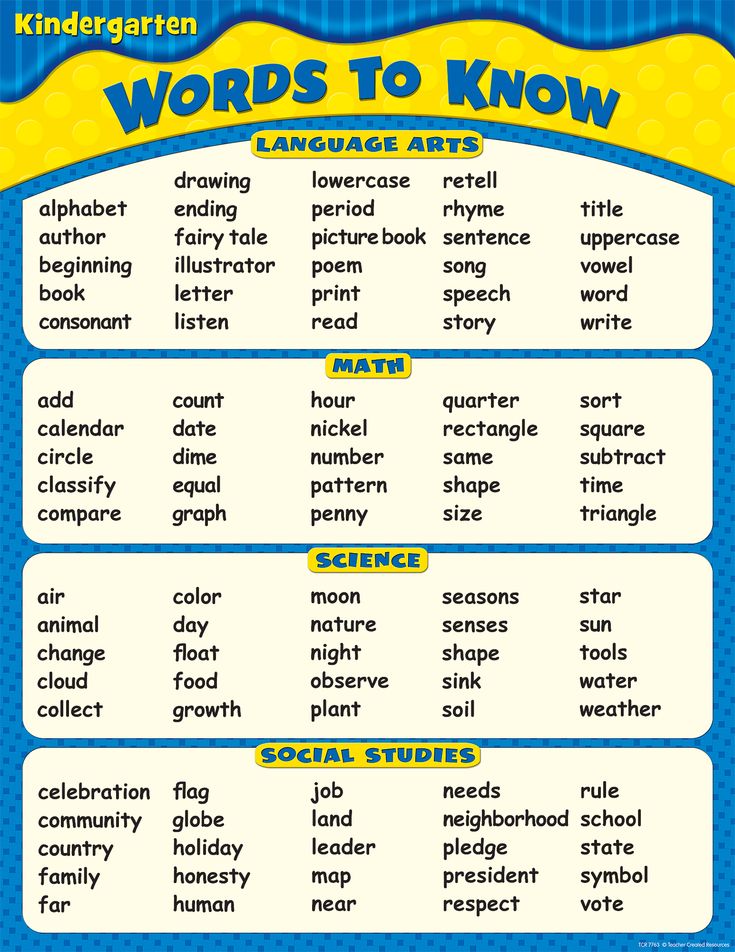 Children learn to rhyme in three stages, they are not distinct from each other as they overlap with each other.
Children learn to rhyme in three stages, they are not distinct from each other as they overlap with each other.
Learning courses for your kids! Get free trial here
Also read: Simple English Words for Daily Use for Kids: List Of Words for Kids to Use Daily
- Exposure – Introducing them with rhyming words can be as simple as singing a nursery song, hearing the particular pattern in the song can aid the learning of the song by the kid. Exposing them to a variety of rhyming songs while reading and singing them together.
- Recognition – After singing and hearing the song child should be able to recognize the pattern of the rhyme also called rhyme recognition.
- Production – After exposure and recognition of rhymes your child will be able to produce rhyme themselves. Asking questions to rhyme simple daily used words such as jug, door, the cup will make them curious to explore more.
Also read: Opposite Words in English for Kids: Ways to Help them Improve their Vocabulary
How to Teach –
Many methods and materials are available to start the learning with rhyme for kids.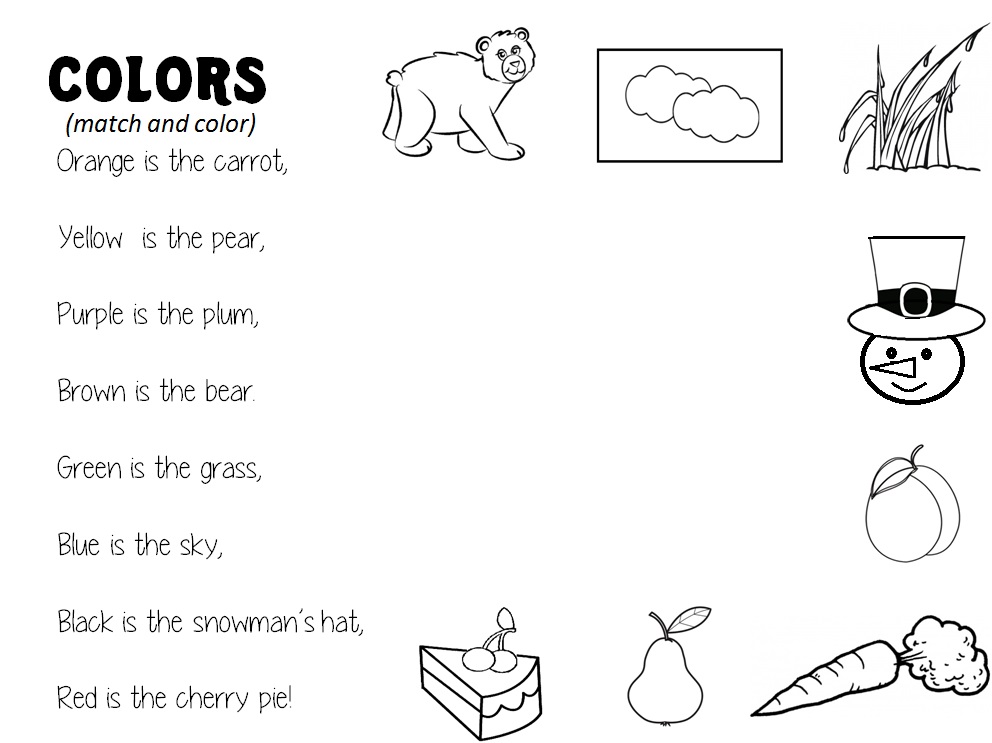 Using multiple ways to teach them the concept of rhyming and introducing them with new words works better and kids also enjoy it.
Using multiple ways to teach them the concept of rhyming and introducing them with new words works better and kids also enjoy it.
Following are the common ways that can be used as an introduction with rhyming words for your kid list.
- Reading rhyme books, poems, and songs.
- Puzzles containing rhyming words.
- Clipping cards
- Lap books
- Rhyming dictionaries
Also read: Jolly Phonics Tricky Words for Kids: How to Teach Them to Kids?
List of Rhyming Words for Kids –
The following list of rhyming words is useful for nursery level and first-grade kids, as your child makes gradual improvement you can switch into more complex rhymes.
A) Rhyming words with “at”
- Bat
- Cat
- Fat
- Hat
- Mat
- Pat
- Rat
- Sat
- Vat
- Slat
- Brat
- Flat
- Chat
- Splat
- That
B) Rhyming words with “an”
- Ban
- Can
- Fan
- Man
- Pan
- Ran
- Tan
- Van
- Flan
- Plan
- Span
- Scan
C) Rhyming Words with “ab”
- Cab
- Dab
- Drab
- Fab
- Flab
- Grab
- Jab
- Nab
- Lab
- Slab
- Tab
- Crab
D) Rhyming Words with “ad”
- Add
- Bad
- Clad
- Dad
- Fad
- Had
- Lad
- Mad
- Pad
- Rad
- Sad
E) Rhyming Words with “all”
- Ball
- Call
- Fall
- Hall
- Mall
- Shawl
- Tall
- Wall
- Thrall
- Gall
F) Rhyming Words with “ag”
- Bag
- Flag
- Drag
- Gag
- Hag
- Nag
- Rag
- Sag
- Tag
- Wag
G) Rhyming Words with “ip”
- Ship
- Chip
- Clip
- Dip
- Drip
- Flip
- Grip
- Hip
- Kip
- Lip
- Nip
- Pip
- Rip
- Sip
- Slip
- Skip
- Snip
- Tip
- Trip
- Zip
H) Rhyming Words with “ap”
- App
- Cap
- Clap
- Flap
- Gap
- Lap
- Map
- Nap
- Rap
- Scrap
- Slap
- Snap
- Strap
- Snap
- Tap
- Trap
I) Rhyming Words with “id”
- Bid
- Did
- Hid
- Kid
- Lid
- Mid
- Rid
- Sid
- Grid
- Slid
- Skid
- Squid
J) Rhyming Words with “op”
- Bop
- Cop
- Crop
- Clop
- Drop
- Flop
- Hop
- Mop
- Plop
- Prop
- Shop
- Stop
- Swap
- Top
K) Rhyming Words with “am”
- Clam
- Cram
- Dam
- Gram
- Ham
- Jam
- Lamb
- Ram
- Slam
- Spam
- Tram
L) Rhyming Words with “ig”
- Big
- Dig
- Fig
- Gig
- Pig
- Rig
- Twig
- Swig
- Wig
- Brig
M) Rhyming Words with “ar”
- Are
- Bar
- Car
- Far
- Jar
- Scar
- Star
- Tar
- Ajar
- Guitar
N) Rhyming Words with “aw”
- Awe
- Caw
- Claw
- Draw
- Flaw
- Paw
- Raw
- Saw
- Straw
- Thaw
O) Rhyming Words with “ay”
- Bay
- Clay
- Day
- Gray
- Hay
- Jay
- Lay
- May
- Pay
- Play
- Pray
- Say
- Stay
- Spray
- Sway
- They
- Way
- Trap
Learning courses for your kids! Get free trial here
P) Rhyming words with “ell”
- Bell
- Cell
- Dell
- Fell
- Gel
- Sell
- Shell
- Smell
- SpellPTell
- Well
- Yell
Q) Rhyming words with “en”
- Den
- Men
- Pen
- Ten
- Then
- When
- Wren
- Zen
- Ben
- Ken
R) Rhyming words with “et”
- Bet
- Get
- Jet
- Let
- Met
- Net
- Pet
- Set
- Wet
- Yet
S) Rhyming words with “ew”
- Blue
- Blew
- Brew
- Chew
- Clue
- Crew
- Cue
- Dew
- Drew
- Ewe
- Flew
- Glue
- Grew
- Knew
- New
- Phew
- Shoe
- Shoo
- Stew
- Through
- Threw
- True
- Two
- View
- You
- Who
- Zoo
T) Rhyming Words with “in”
- Bin
- Chin
- Din
- Fin
- Grin
- Inn
- Pin
- Shin
- Skin
- Spin
- Twin
- Thin
- Tin
- Win
U) Rhyming Words with “it”
- Bit
- Fit
- Hit
- Kit
- Knit
- Lit
- Mit
- Nit
- Pit
- Sit
- Quit
- Skit
- Slit
- Spit
V) Rhyming Words with “od”
- Cod
- Bod
- Odd
- Nod
- Plod
- Prod
- Rod
- Squad
- Trod
- Pod
W) Rhyming words with “og”
- Bog
- Blog
- Cog
- Clog
- Dog
- Fog
- Frog
- Hog
- Jog
- Log
X) Rhyming words with “op”
- Top
- Chop
- Cop
- Crop
- Drop
- Flop
- Hop
- Mop
- Pop
- Shop
- Stop
Y) Rhyming words with “ot”
- Blot
- Cot
- Clot
- Dot
- Got
- Hot
- Knot
- Not
- Plot
- Pot
- Rot
- Shot
- Spot
Z) Rhyming words with “ow”
- Bow
- Brow
- Cow
- How
- Now
- Pow
- Sow
- Row
- Vow
- Wow
Conclusion
The rhyming words occupy the majority of our childhood, teaching kids nursery rhymes makes them more receptive and fun to learn.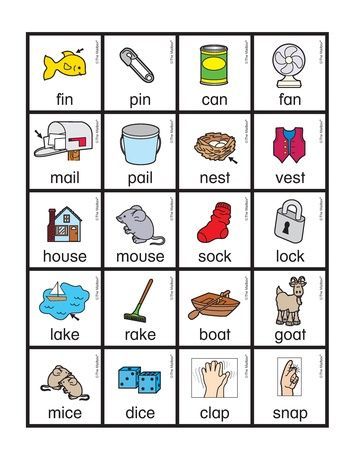 Learning rhymes is way more than just learning the words, it helps children with language development which is considered as one of the vital skills of communication, making them language smart. The successful implication of these rhyme words in front of the children can make them smart in spoken language.
Learning rhymes is way more than just learning the words, it helps children with language development which is considered as one of the vital skills of communication, making them language smart. The successful implication of these rhyme words in front of the children can make them smart in spoken language.
Building a rhyming skill little by little through nursery rhymes, reading rhyming stories, everyday object rhyming, and including other activities such as lap book, puzzles, word games. Teaching your kid rhyme words will solidify the foundation of their literacy, and give them an advantage of developed language skills. Hopefully, you found this article helpful. You can share your view with us by commenting in the below box.
Also read: Why do Kids Today have to Learn about Verbs, Adverbs, Pronouns etc? Why is Grammar Important?
Playing rhymes - Kindergarten and child
Author - BAYRAMOVA Elmira Emirzyanovna,
MADOU No.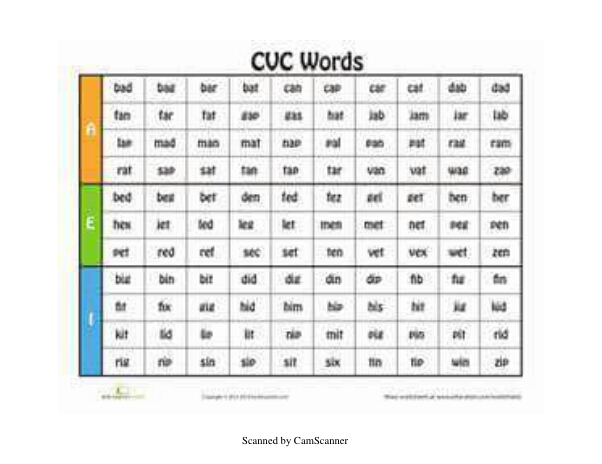 186 "Volgarik", Ulyanovsk.
186 "Volgarik", Ulyanovsk.
Description of the project
One of the important tasks of teaching preschoolers is the formation of coherent speech. A child of senior preschool age should be able to independently compose monologue texts of a different nature. Signs of such speech are arbitrariness, expansion and coherence. In a monologue, the child builds statements on his own, here he is not helped by the interlocutor's remarks (as happens in a dialogue). He himself chooses the verbal form to express the content that he communicates, outlines the sequence of individual parts, links of the content, whether it is a description of an object, phenomenon or event.
It is important for the teacher: does the child have different means for expressing thoughts, are the same words and phrases repeated in one segment of speech?
Such a form of monologue text as poem helps children develop the ability to feel the artistic expressiveness of the word.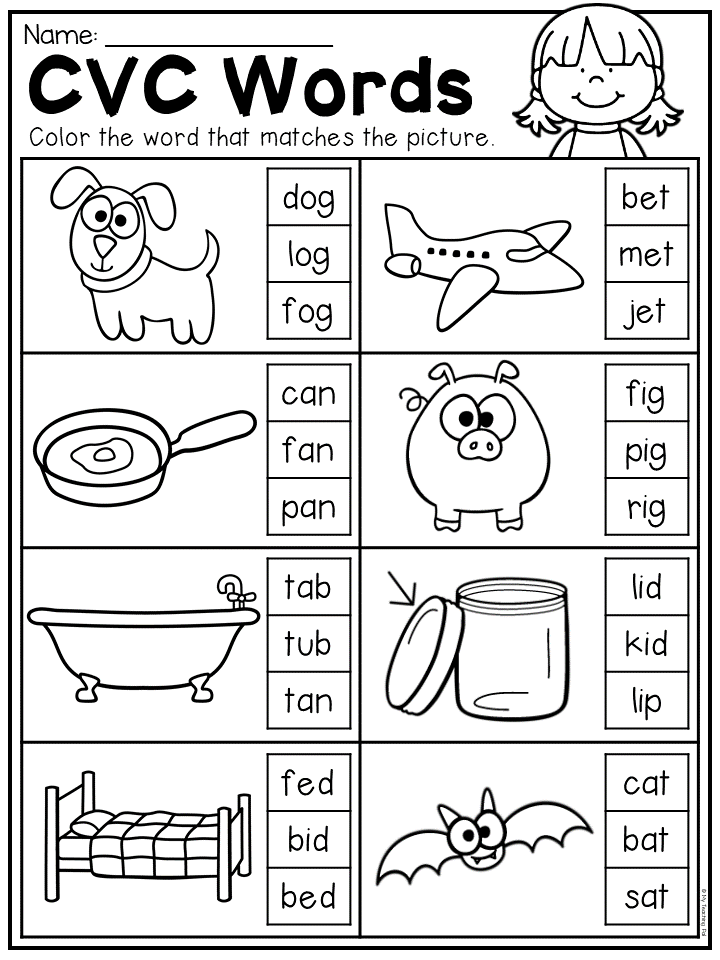 Here the foundation is laid for the formation of love for the native language, its accuracy, accuracy, imagery. In practice, teaching preschoolers to create poetic texts, in our opinion, is given little attention. This fact is explained by the lack of effective methods and techniques for teaching children rhythm and rhyming. Without the verbal play contained in them, the child will not fully master his native language. After all, a rhymed text helps to express not only thoughts, but feelings, experiences of a person.
Here the foundation is laid for the formation of love for the native language, its accuracy, accuracy, imagery. In practice, teaching preschoolers to create poetic texts, in our opinion, is given little attention. This fact is explained by the lack of effective methods and techniques for teaching children rhythm and rhyming. Without the verbal play contained in them, the child will not fully master his native language. After all, a rhymed text helps to express not only thoughts, but feelings, experiences of a person.
At the initial stages of work, it is necessary to arouse in children an interest in works of art filled with fantasy, humor, word games in rhymes, rhythms, onomatopoeia. All these are, first of all, games that teach either the rapid pronunciation of a difficult phrase, or a complex sound combination, or harmless banter over children's speech errors.
The more often poems are repeated, the more riddles, jokes, onomatopoeia, shifters and other games can be seen in them.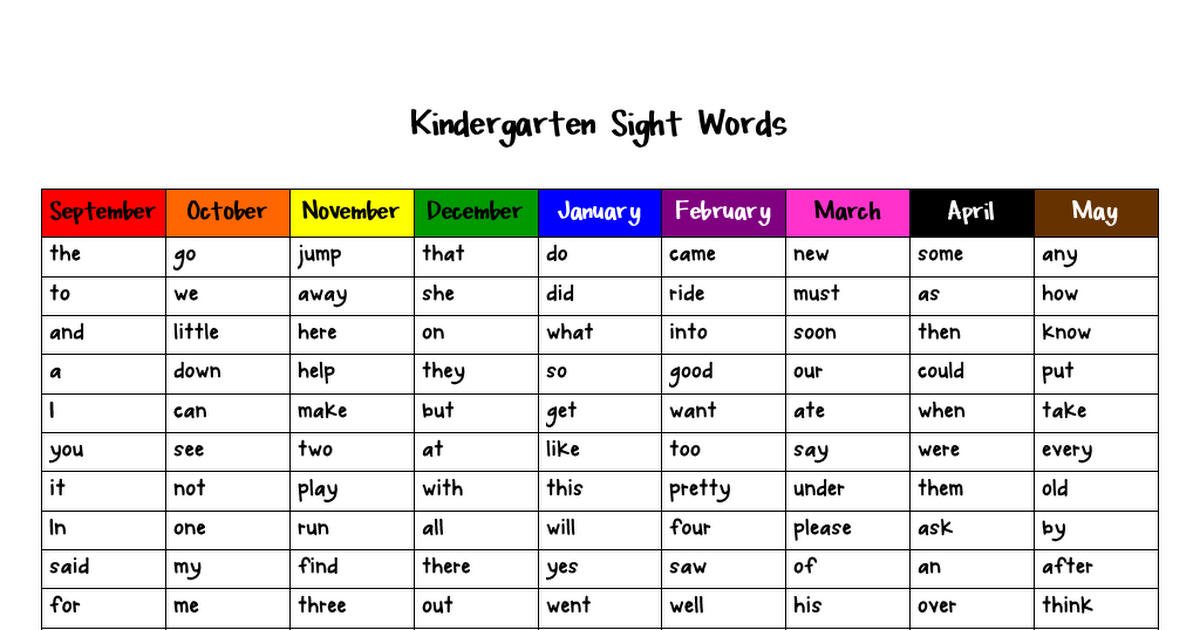 This, in turn, will help you take another step towards a new hobby - writing your own rhyming texts, and later your own poems. The acquired ability to compose is also a game and, at the same time, a reward for work. It opens the way for the child to the priceless treasures of world poetry and to his own speech creativity.
This, in turn, will help you take another step towards a new hobby - writing your own rhyming texts, and later your own poems. The acquired ability to compose is also a game and, at the same time, a reward for work. It opens the way for the child to the priceless treasures of world poetry and to his own speech creativity.
Currently, there are games aimed at developing in preschool children the ability to choose a rhyme for a given word. These games involve only a mechanical choice by the child of a consonant word to a given one from those proposed by the author. That is, we are not talking about word creation, independent selection of a particularly apt and bright rhyme .
In our opinion, the game developed by us will help teach children:
- select descriptive, emotional, figurative characteristics of an object;
- rhyme words and phrases;
- compose semantic poetic texts.
Rules of the game
Children from 2 to 10 or more people can take part in the game.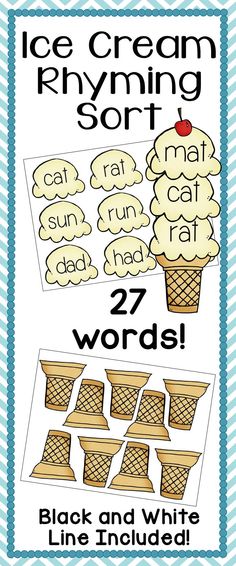 At the initial stages, it is more expedient to give the role of the leader to an adult. Age of participants - from 4 to 7 years and older. Children 4 years old cannot freely schematize certain words, phrases, therefore this function must be performed by an adult.
At the initial stages, it is more expedient to give the role of the leader to an adult. Age of participants - from 4 to 7 years and older. Children 4 years old cannot freely schematize certain words, phrases, therefore this function must be performed by an adult.
This game uses OTSM methods - TRIZ - technologies: morphological table, model "Object - feature name - feature name value".
In the upper horizontal of the morphological table there are schematic designations of feature names (the number of feature name values used in the game depends on the age of the children).
The first cell of the second line contains a picture with the image of the selected object. Next, the children schematically depict the characteristics selected for this object in accordance with the meaning of the names of the features.
For example: the object is a spruce.
Child-selected features:
- action – standing;
- place - in the hall;
- in color - green;
- by nature - kind;
- in size - high;
- by the nature of the surface - prickly;
- parts - trunk, needles, branches, cones;
- in temperature - warm;
- smell - coniferous;
- tastes like bitter needles;
- in number - one;
- direction - on the spot;
- by weight - heavy.
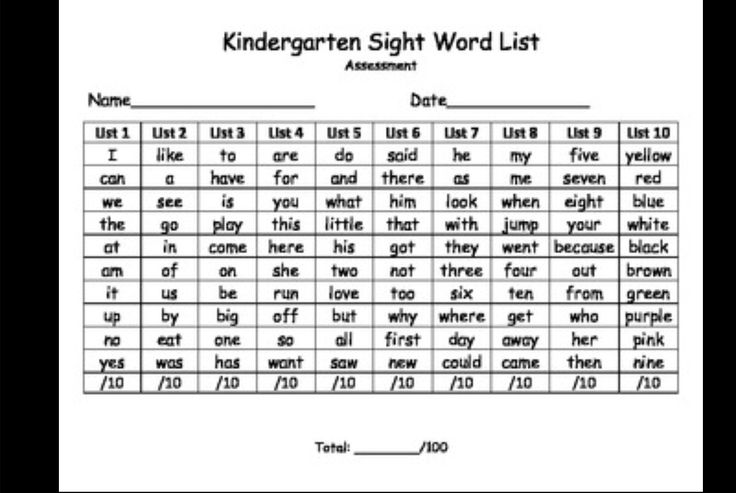
On the third line of the morphological table, children schematically designate a matched comparison to the compiled characteristic of the object:
Like a pillar; as a guest like a cactus; like a fairy like a tower; like a hedgehog; bumps like mice; like a cat; aroma; like a lemon; alone; like a bag; like Pinocchio.
On the fourth line of the morphological table, the children schematically designate the composed rhyming phrase.
Each of the definitions, comparisons, rhyming words is written down schematically at the intersection of columns and rows.
For example:
- As a pillar stood, she dropped the lights.
- As a guest in the hall where gifts were handed out.
- Like a cactus, spruce is green, but cheerful.
- Kind as a fairy, she takes pity on everyone.
- High as a tower. Sitting under it was a bunny.
- Hanging on spruce cones like tiny mice.
- Prickly as a hedgehog - four legs.
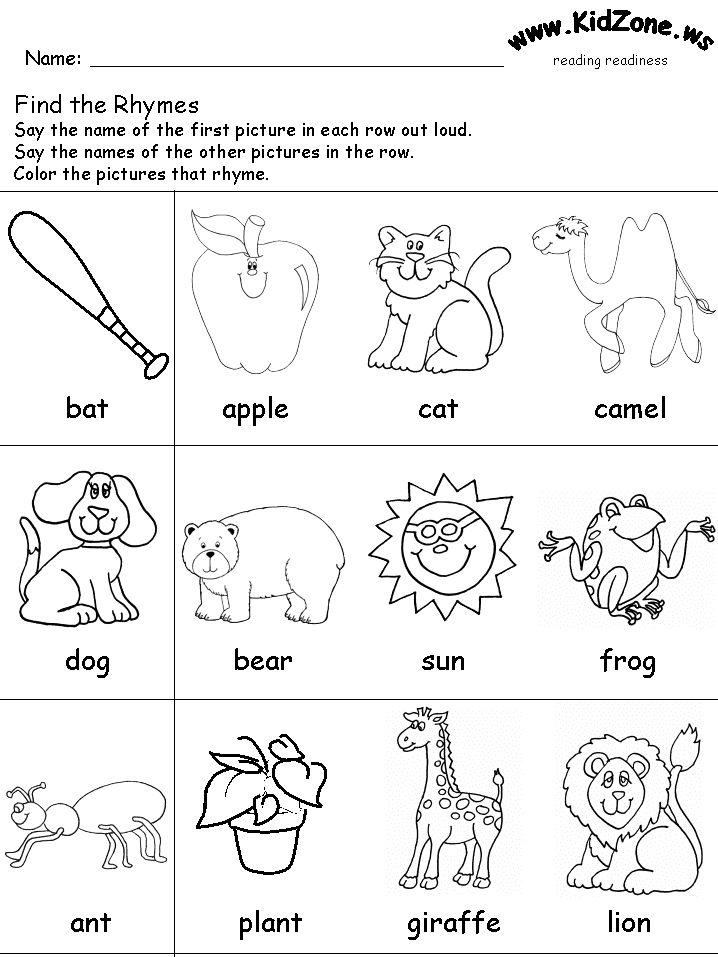
- Warm as a cat, pet her a little.
- Coniferous aroma attracts children.
- Like a lemon, a needle is bitter - just go and try it.
- The fir-tree of all is standing still.
- Like a heavy bag, he dragged away all the gifts.
Then, having chosen the most successful and more appropriate rhyming lines, the children compose semantic rhymed texts. For example:
There was a spruce in the hall,
There was a snowstorm outside the window.
Spruce, like a good fairy,
I felt sorry for all the guys in the world.
Tall, like a tower,
A hare sat under it.
Cones hung on the branches,
Like tiny mice.
As if she was a guest in the hall -
She amazed all the guys with her beauty!
The game was attended by children of the group preparatory to school MDOU TsRR No. 178 "Oblachko" in Ulyanovsk.
Aleksey Muzalev and Literary Studio Liter-RM.
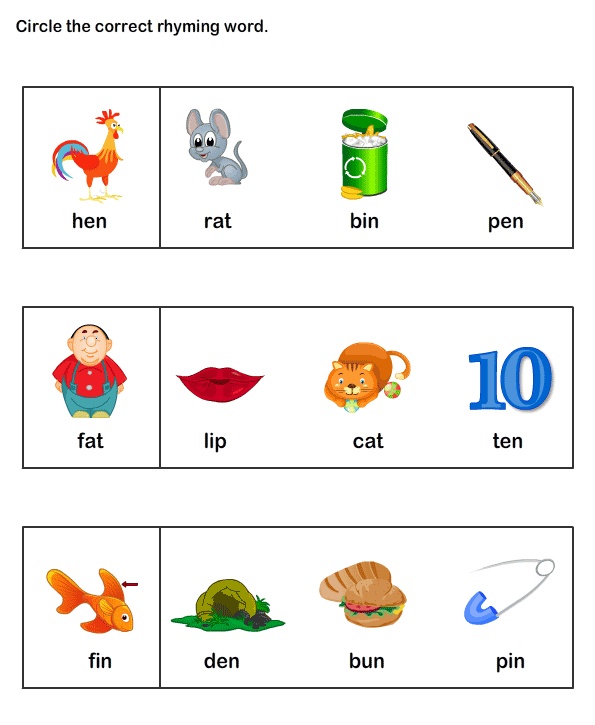 ru
ru
Poetic rhymes
However, we have already talked about how to write poetry in this article and, accordingly, we have a general idea of \u200b\u200brhyme and rhyme in general. Now let's try to reveal this poetic alchemy a little deeper.
So let's start with the rhyme. For every poet, the word "rhyme" is sacred. It is used in almost all poetic lines, with the exception of rare forms of the poem. For example, verslibra. And often the success of the work, its main idea and conveyed feeling will largely depend on the rhyme. After all, all keywords are placed at the end of the line so that the reader pays attention to them. Quite often I heard from amateur readers: “But there is no rhyme here at all. The lyrics are bad." Of course, one cannot think so flatly, but it clearly demonstrates the importance and value that rhyme plays. After all, we write, novice authors, after all, for the people. For different people.
Also, pay attention to the meter in this article.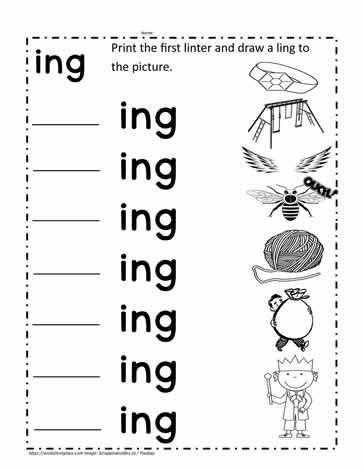
Types of rhymes
Actually, in order to succeed in this area, you should find out a few theoretical points. It will not be superfluous to find out what rhymes are. And they have a lot of classifications.
1. According to the location of the stress.
Cheerful winter has come
And brought a lot of snow.
Let's make a reservation right away that the examples of rhymes are chosen the simplest and without artistic frills, in order to make it easier to understand the essence of the matter.
May happiness be brighter than light,
And joy will become hotter than summer.
Soldiers came to the baby today in the kindergarten
again.
- Finally, the most difficult is
hyperdactylic rhyme
. If we have already lost count, then we count exactly three syllables and select a word with an accent on the fourth (an example of a hyperdactylic rhyme):
The day combs the birch,
The day combs the birch .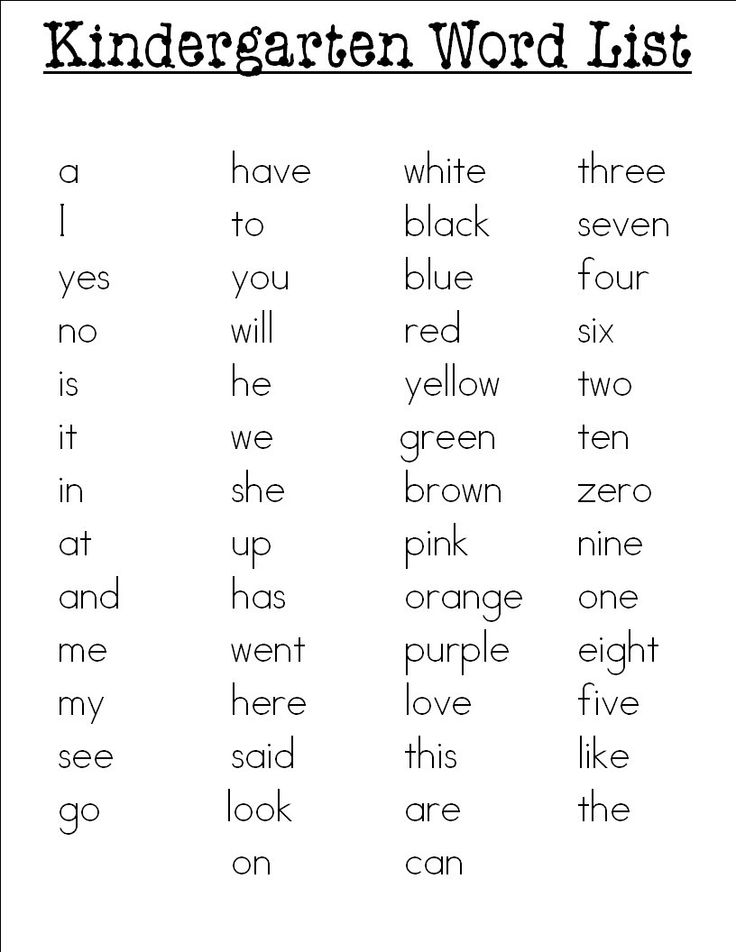 ..
..
With exact ones, everything is clear: they are noticed and recognized immediately, they are admired, they are accepted. The sounds of exact rhymes match one hundred percent and do not stand out in any way:
I got up early today
And that's why I'm tired.
Everything is extremely simple. But inexact rhymes are also often used, where phonetic consonance is only partially.
I suddenly can’t sleep today,
I quietly took the knitting needles…
3. Partial affiliation. In simpler terms, rhymes belong to one or another part of speech.
-
Uniform rhymes
refer to the same part of speech. Either these are two nouns, or two pronouns, or two verbs. For some reason, usually such a combination is not particularly favored, because it is considered extremely primitive. An example of a homogeneous rhyme:
Look at me
Am I good today?
You brought me flowers today
Come on, come on,
My girl is a carnation.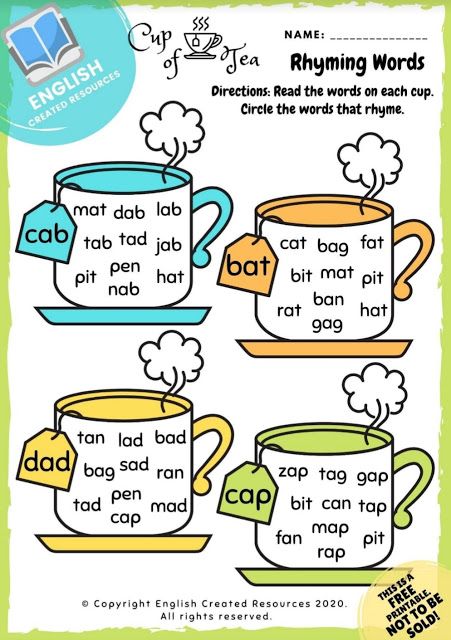
4. Lexical features.
-
Tautological rhyme
is an extremely banal technique, but which, one way or another, is found in the literature. In this case, the entire word or word form is repeated. However, if such a rhyme is used wisely, then you can reach the degree of a masterpiece. Example of a tautological rhyme:
I once forgot you,
I know that I forgot in vain ...
Our strong marriage
revealed the marriage today.
No way to reach the garden.
What a shame!
-
Paronymic rhyme
is a combination of words that are only partially similar in sound. Their meanings, of course, are also different. Although they are close enough. Paronymic rhyme example:
“The addressee will send an answer soon,” -
The addressee assured himself.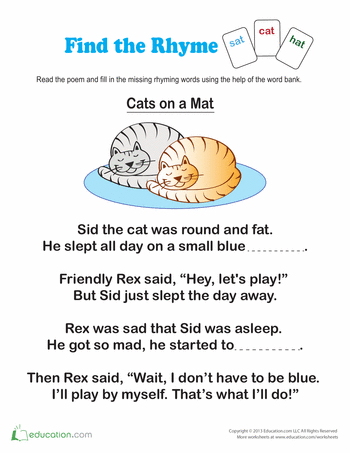
5. According to the degree of wealth. Phonetic, of course.
The petal came off -
The flower has become sadder.
I drank wine today
And life became easy for me.
Agree, it doesn't look like a rhyme, but it's there!
Original rhymes
are most often found in our day, when every poet strives to surpass not only his competitors, but also himself. Probably everyone remembers the words of Zheka's famous song about love, which is in the soul for permanent residence. Something like this.
Finally, let's dwell on different types of rhymes that do not belong to the classical classifications, but have a certain value.
No matter how old you are,
If you wear makeup P alet te.
Let thunderstorms rage in the house,
Let the heart of dreams savor.
-
Graphic rhyme
, at first glance, is a completely useless phenomenon in poetry, because it combines not sounds, but letters: for sure - on purpose. Everything seems to be going smoothly. Now say it out loud? Of course, given the orthoepic norms.
-
Initial rhyme
is rather unusual, since in this case it is not the last words in the line that rhyme, but the first ones. Thus, it is also possible to attract the attention of the reader.
Of course, this is not the whole list of available rhymes, but this basic list is enough to get an idea about the structure of the poem.
Types of rhyme
This is the last point worth paying attention to in this article. The moment is very important and necessary. So,
Adjacent rhyming
is the simplest and most common way. It rhymes every two lines.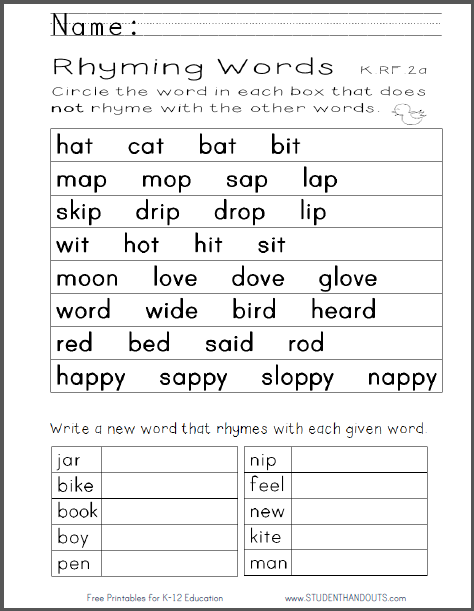 Example of related rhyming:
Example of related rhyming:
I fell in love with you today
Cross rhyming
In this case, we rhyme the first line with the third, and the second with the fourth. Cross rhyming example:
I didn't have to go far:
I forgot my own heart.
It's a pity that the past never came true,
It's a pity that all the cherished doors are broken.
The ring rhyme
acts like a snake holding its own tail in its mouth: we combine the first line with the fourth, and the second with the third. Ring rhyming example:
I have traveled all over the world for a long time.
Did I lose you in it?
Was I looking for myself then?
I can't find the answer.
Intertwined rhyme
is the most complex and confusing case. It is rare, but nevertheless.